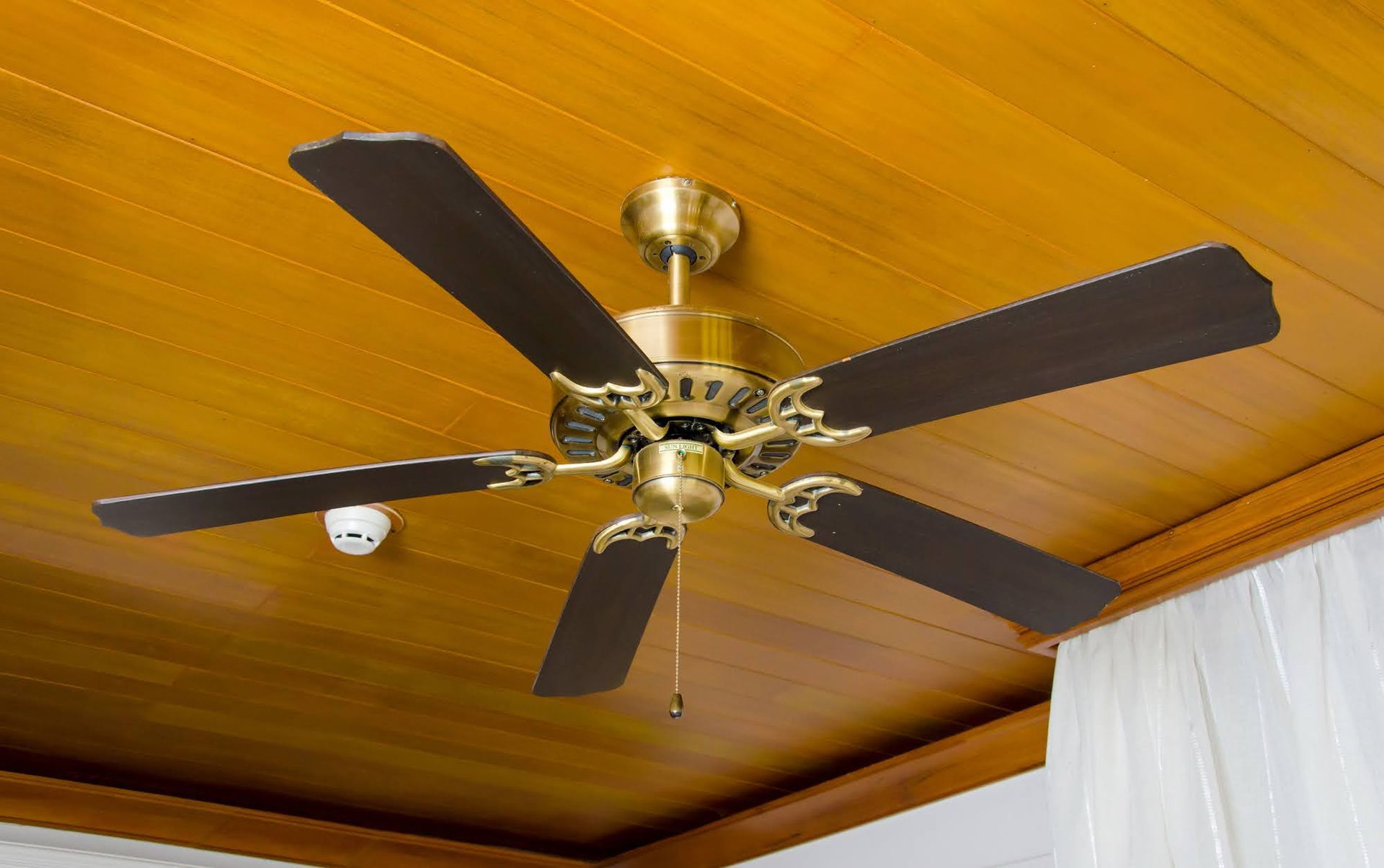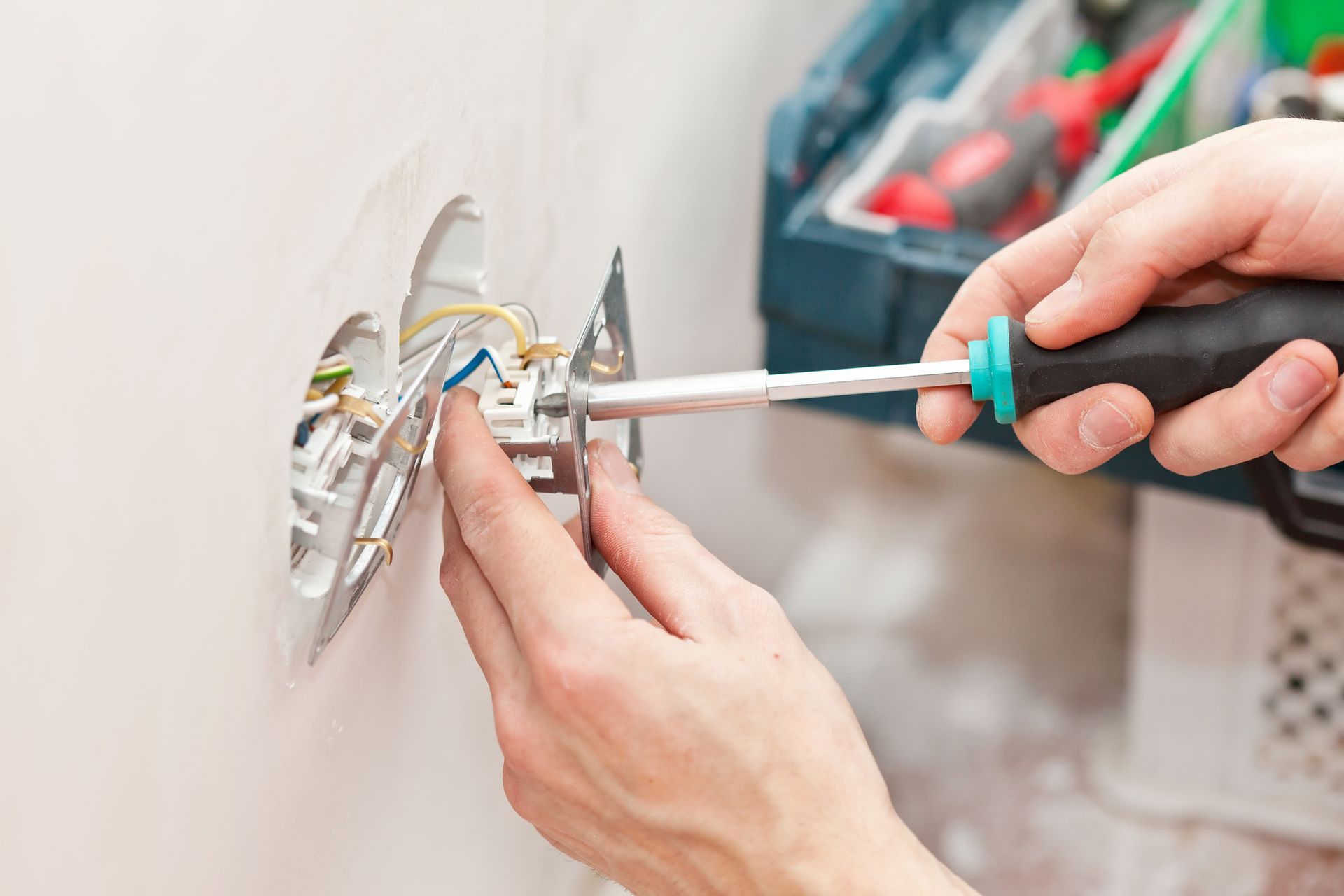Circuit Protection: Everything You Should Know
Electricity is a vital source of energy for our homes and businesses. However, this source of energy comes with its hazards and dangers. Thus, electrical systems use circuit protections to protect property and people from electrical hazards.
For these reasons, circuit protection is a priority in any electrical system. Every property owner should understand how they function. Here is an overview of the major types available in residential and commercial properties to help you better understand circuit protection.
The Purpose of Circuit Protection
Every electrical system has a rated voltage or amperage that it should not exceed. An electrical system will experience failure when subjected to higher loads of electric current outside its range. Thus, every building with an electrical system has a defense mechanism to protect it from the dangers of high current flows. This defense system is circuit protection.
A circuit protection appliance is any device that automatically disconnects the electrical system from the power supply to protect the system from overcurrent. Overcurrent typically results from short circuits, overloads, and earth circuits.
A short circuit results from a connection created when the live conductor in the electrical system contacts a conductive material. An overload results from too many electrical appliances plugged into one outlet, which can strain the system. An earth circuit is a short circuit that results from the connection of the live wires touching the earth wires.
Overcurrent can damage the wiring as the current can overheat the wires and melt the protective plastic, which exposes the wires and generates potential electrical hazards. Additionally, overcurrent can destroy appliances and electrical fixtures in the building. These two problems can lead to higher repair, repurchase, and reinstallation costs for the owner.
The Types of Circuit Protection
Circuit protection has two major types based on design: fuses and circuit breakers.
Fuse
The fuse is a legacy system from traditional circuit protection designs that uses a metal with a low melting point to disconnect the circuit. The fuse blows and disrupts additional current flow when the metal melts from a high current.
If the metal inside is a replaceable wire, the fuse is rewireable. Rewireable fuses are cheaper and best used in domestic buildings. Also, an electrician can easily check to see if the fuse is blown and replace the wire quickly. However, if abused, these fuse designs are ineffective, and the wire inside might contain a hazardous hot metal.
Cartridge fuses are an alternative that has better accuracy, lower fuse factor, no external arcing, and is easily replaceable. However, they are difficult to assess to determine if they blew from high current exposure. Moreover, they are more expensive than rewireable fuses and only useful for plug-top and distribution systems.
High-breaking capacity fuses (HBCF) are industrial-grade fuses with fast operating capabilities and all the benefits created by cartridge fuse designs. However, they are the most expensive fuse models.
Circuit Breakers
Circuit breakers use a different design to disconnect the electrical system. A circuit breaker uses an electromagnetic design to break the circuit when faced with an overcurrent. Due to this design, they are preferable over fuses since the home or property owner can just turn the switch back on after identifying and fixing the overcurrent problem.
Circuit breakers have three major designs: miniature circuit breaker, residual current device, and residual current breaker with overload protection.
Miniature circuit breakers (MCB) are for residential and commercial applications and are available in various sizes and ratings. MCBs trip and cut off the power automatically when the current exceeds the rated value.
A residual current device (RCD) is a safety device designed to detect and trip a circuit in the event of an earth fault. RCDs only protect one or a few circuits.
A residual current breaker with overload (RCBO) protection is a circuit breaker that combines the functions of an RCD and an MCB.
Consult an electrician if you face challenges with any of the circuit protection frameworks above. Contact us at Beckstoffer-Welsh Inc. for electrical services if you reside or operate in Richmond, VA, and the surrounding areas.



















